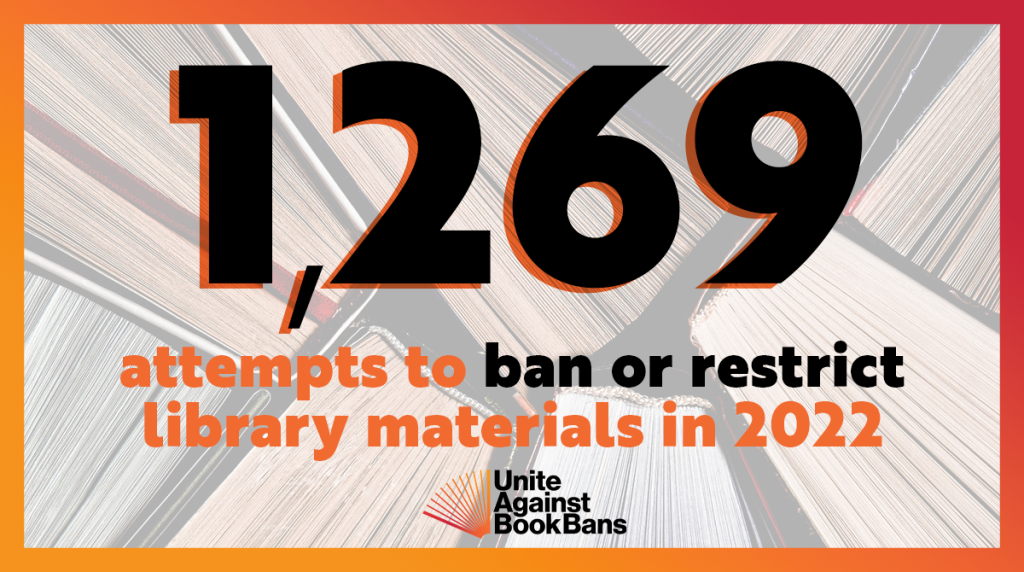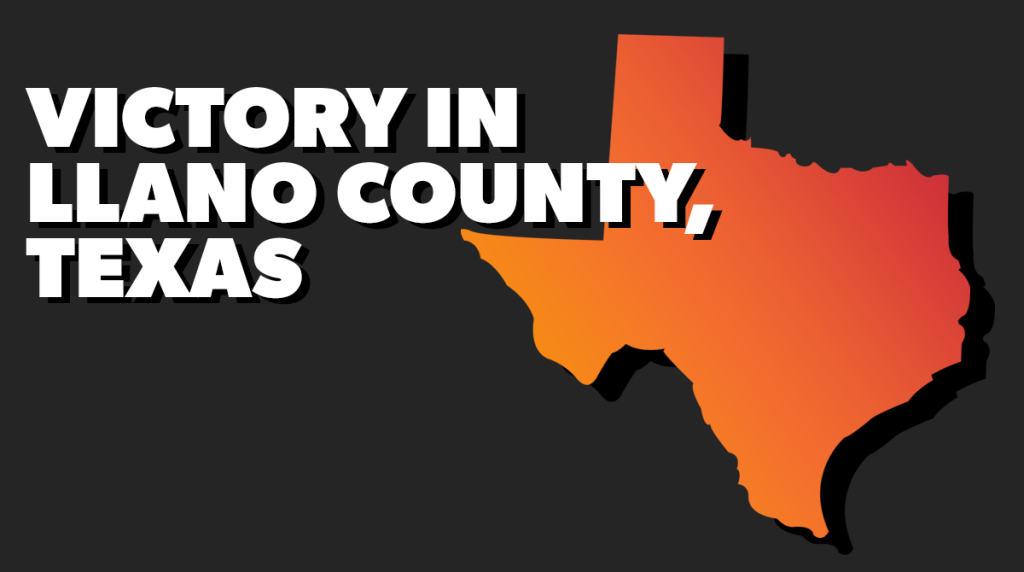This blog post is by Ellen Paul, Executive Director of the Connecticut Library Consortium, a Unite Against Book Bans partner.
In an era marked by rising book challenges and increasing efforts to censor educational and library materials, Connecticut has taken a bold and necessary step to protect the freedom to read. The recently passed legislation ensures that library collections, displays, and programs are curated by professionals, guided by clear policies, and safeguarded from political interference. This law does more than protect books; it affirms our commitment to intellectual freedom, community-informed policies, and the enduring value of libraries in a democratic society.
Why This Bill Matters
At its core, this legislation recognizes that libraries exist to serve everyone. With more than 1,000 public, school, and academic libraries in the state, Connecticut’s library professionals work diligently to provide accurate, well-reviewed, age-appropriate materials that reflect the diverse needs and interests of their communities. Yet, in recent years, there has been a disturbing increase in challenges to library content—particularly targeting books aimed at children and teens that feature LGBTQ+ characters, racial justice themes, or other topics deemed controversial by a vocal few.
In 2023 alone, more than 100 titles were challenged in Connecticut. Incidents ranged from public officials asking to shut down children’s rooms to petitions demanding the removal of health and identity-related books. While these challenges were often met with reasoned policy responses that preserved access, the need for uniform standards and due process became clear.
What the Law Does
The new law requires every public and school library in Connecticut to adopt three core policies: Collection Development and Maintenance, Library Displays and Programs, and Material Review and Reconsideration.
These policies must be developed with professional input—such as from librarians and curriculum directors—and reflect constitutional protections against discrimination. Importantly, these documents are public and must be reviewed at least every five years.
Other specifics address the distinct environments of school and public libraries:
- For School Libraries: The law acknowledges the unique role of school libraries as places of voluntary inquiry. It outlines procedures for reviewing materials, ensuring that decisions are made by a diverse, balanced committee—including educators, parents, and certified librarians. Finally it ensures that materials cannot be removed simply because someone finds them offensive. Only concerns based on legitimate educational or professional standards may trigger removal.
- For Public Libraries: This law ensures that only residents of the town where the library is located can submit reconsideration requests, reducing the risk of politically motivated, out-of-town interference. Libraries must keep challenged materials available during the review process. Final decisions are made transparently, with opportunities for appeal and input from the State Librarian and professional organizations.
In both settings, librarians and staff are granted immunity from liability when implementing these policies in good faith, reinforcing the importance of professional autonomy and judgment.
Defending Democracy Through Ordinary Practice
This legislation might sound like a radical new defense of free speech, but as many librarians will tell you, it is, in fact, quite ordinary. Libraries have always had collection development and reconsideration policies—what this law does is standardize and reinforce best practices that are already in place in many communities. It provides clarity where confusion or inconsistency once reigned and empowers libraries that lack formal procedures to establish them thoughtfully and transparently. Quite frankly, it’s common sense.
During public testimony, library advocates stressed that this is not about politics—it’s about professionalism. One librarian shared how, years ago, she wrote policies in consultation with her library board and town council. No controversy. No drama. Just good governance. What’s different now is the climate—where library workers are targeted and books are politicized, this legislation offers protection, structure, and accountability.
A Commitment to Community and Choice
Perhaps the most powerful aspect of this law is what it affirms: that no single person or group has the right to dictate what a whole community can access. If a parent doesn’t want their child to read a book, that is their right. But it is not their right to remove that book from everyone else.
The First Amendment protects our right to read freely. Courts have upheld this principle time and again, most notably in Board of Education v. Pico and Sund v. Wichita Falls, both of which reaffirmed that removing books based on personal disagreement violates constitutional rights.
Connecticut’s legislation draws on these precedents. It doesn’t tell libraries what to buy or how to think—it asks them to do what they’ve always done: serve everyone, uphold equity, and provide access to the widest array of ideas. And, since the most recent decision in the Fifth Circuit on Little vs. Llano County, these state laws are more important than ever.
Looking Ahead
As the political temperature around books and education continues to rise nationally, Connecticut has chosen a path of integrity, professionalism, and respect. This law is a model—not because it’s revolutionary, but because it’s responsible.
Words have power. Libraries know this. They’ve always known it. And now, Connecticut’s law ensures that power remains in the hands of communities, not censors.
As of June 2025, nine states have passed Freedom to Read laws, including California, Colorado, Connecticut, Illinois, Maryland, Minnesota, New Jersey, Vermont, and Washington. Additionally, a Freedom to Read bill has been passed by the Rhode Island state legislature and is pending signature from the Governor. If you represent an advocacy group and would like to connect with Unite Against Books Bans to discuss organizing in support of model legislation in your state, please contact us.



